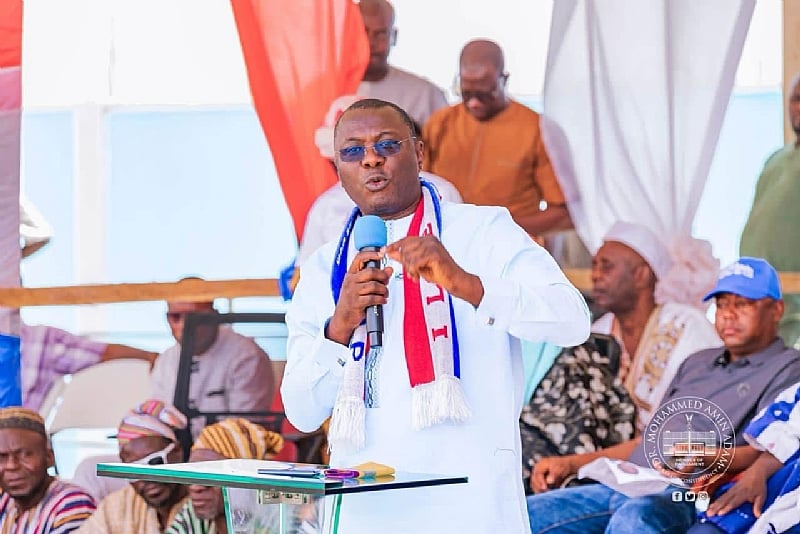The recent fulfillment of coupon payments under the Domestic Debt Exchange Programme (DDEP) has sparked discussion and defense from former government officials. Dr. Mohammed Amin Adam, the immediate past Minister for Finance, has stepped forward to highlight the previous administration’s successful management of the DDEP, emphasizing their consistent adherence to payment obligations. He contends that the current government’s actions are simply a continuation of the established framework set by the preceding NPP administration. This narrative underscores the complexities of economic policy and debt management, with different perspectives emerging on the handling of financial commitments.
Dr. Adam’s argument rests on the assertion that the NPP government, during its tenure, diligently honored its obligations under the DDEP. He points to three instances of successful coupon payments made between August 2023 and December 2024, encompassing both Payment-In-Cash (PIC) and Payment-In-Kind (PIK) components. This consistent track record, he argues, demonstrates the NPP’s commitment to upholding the terms of the DDEP and ensuring timely payments to bondholders. The recent payment, therefore, should be viewed not as a novel initiative, but rather as a continuation of the already established practice.
The specifics of the payments made under the NPP government, as detailed by Dr. Adam, reveal a significant financial commitment. A total of GHS17.25 billion was disbursed as PIC, representing the direct cash payments to bondholders. Concurrently, GHS9.77 billion was allocated as PIK, reflecting the non-cash component of the payments, likely in the form of new bonds or other financial instruments. The magnitude of these figures emphasizes the substantial resources allocated to servicing the debt and meeting the obligations under the DDEP. Furthermore, Dr. Adam highlighted the government’s commitment to those bondholders who did not participate in the exchange, noting payments totaling GHS515.17 million made between 2023 and 2024. This detail highlights the government’s efforts to address the concerns of all bondholders, regardless of their participation in the DDEP.
The former Minister’s defense of the previous administration’s handling of the DDEP serves as a counterpoint to any potential narrative that attributes the recent payments solely to the current government’s actions. By highlighting the established framework and previous payments, Dr. Adam seeks to portray the current payments as a continuation of a pre-existing commitment, rather than a new initiative. This perspective sheds light on the nuanced nature of economic policy implementation and the importance of acknowledging past efforts in shaping current outcomes. It also underscores the political dimension of economic decisions, where different parties may seek to claim credit or assign responsibility for specific actions.
The emphasis on the previous payments made to both participating and non-participating bondholders reveals the government’s efforts to balance the needs of different stakeholders. While the DDEP was designed to restructure and manage existing debt, recognizing the rights of those who chose not to participate reflects a broader concern for financial stability and investor confidence. This approach acknowledges the importance of maintaining trust within the financial system, even while undertaking complex restructuring processes.
Ultimately, Dr. Adam’s account provides a crucial context for understanding the recent DDEP coupon payments. His detailed breakdown of previous payments serves to emphasize the continuity in the government’s approach to debt management, while also highlighting the substantial financial resources deployed to meet its obligations. This information is essential for a balanced and informed assessment of the DDEP process and its implications for the nation’s economic landscape. His perspective offers valuable insight into the complexities of debt management and the political dynamics surrounding these critical financial decisions.


